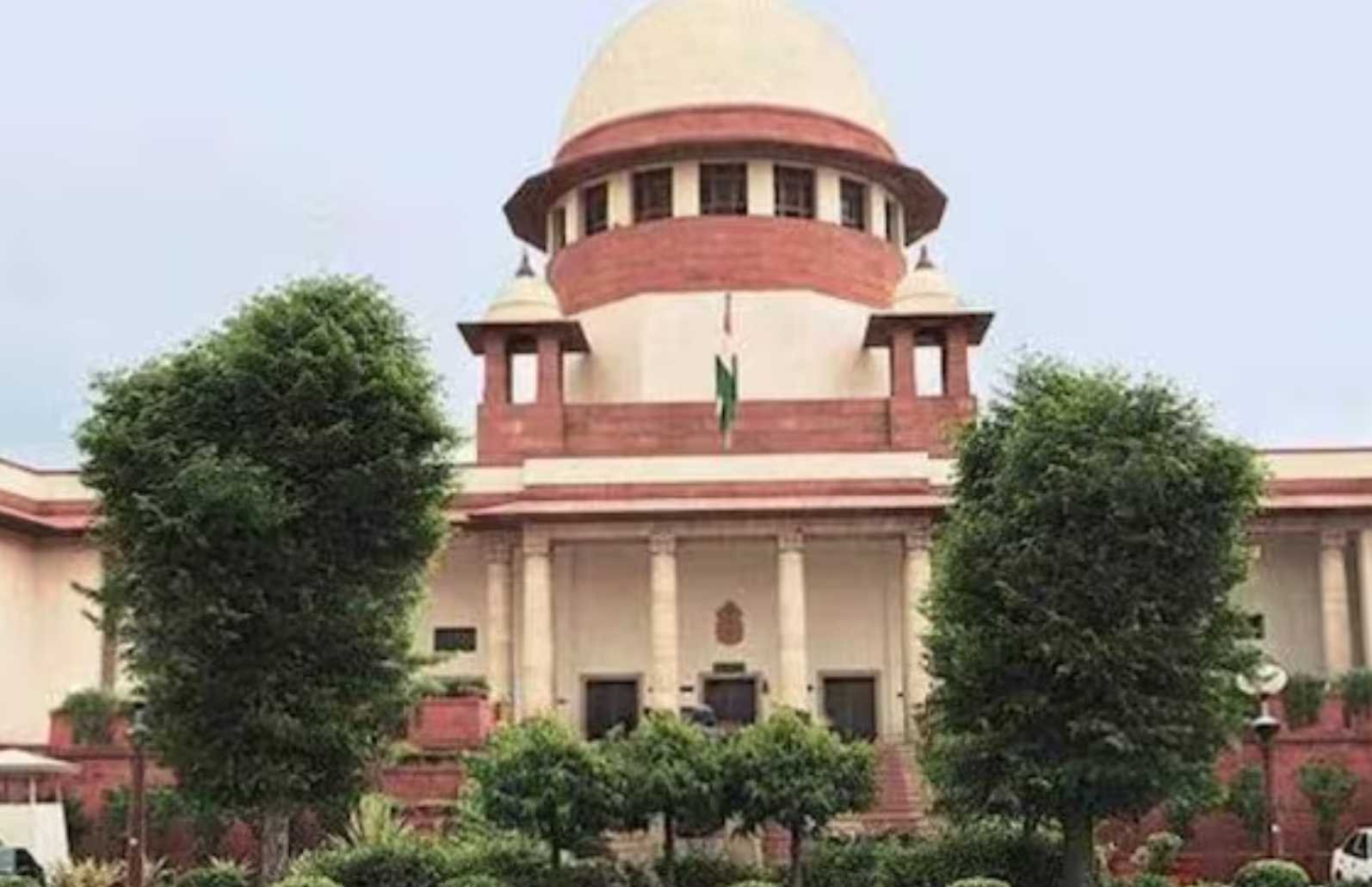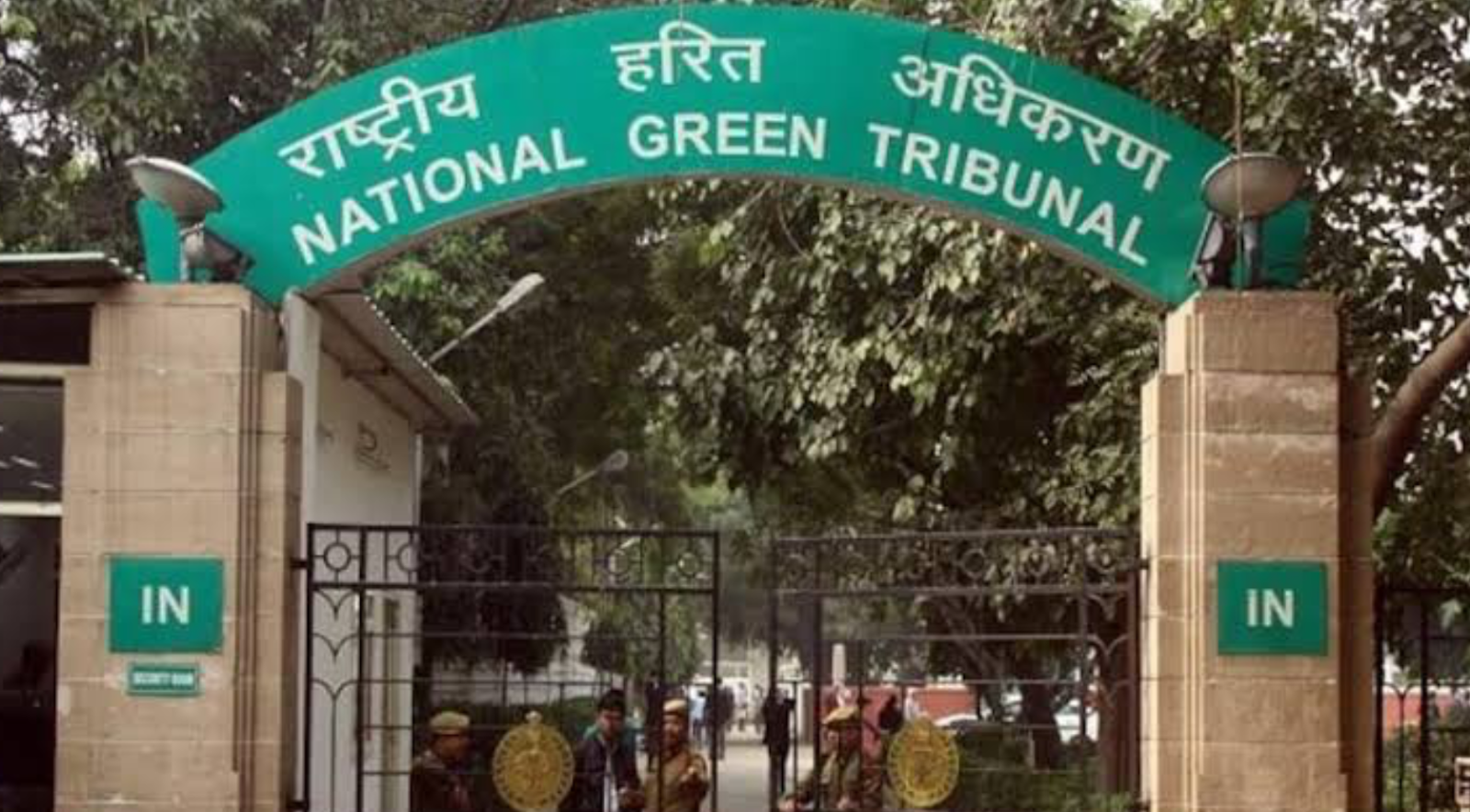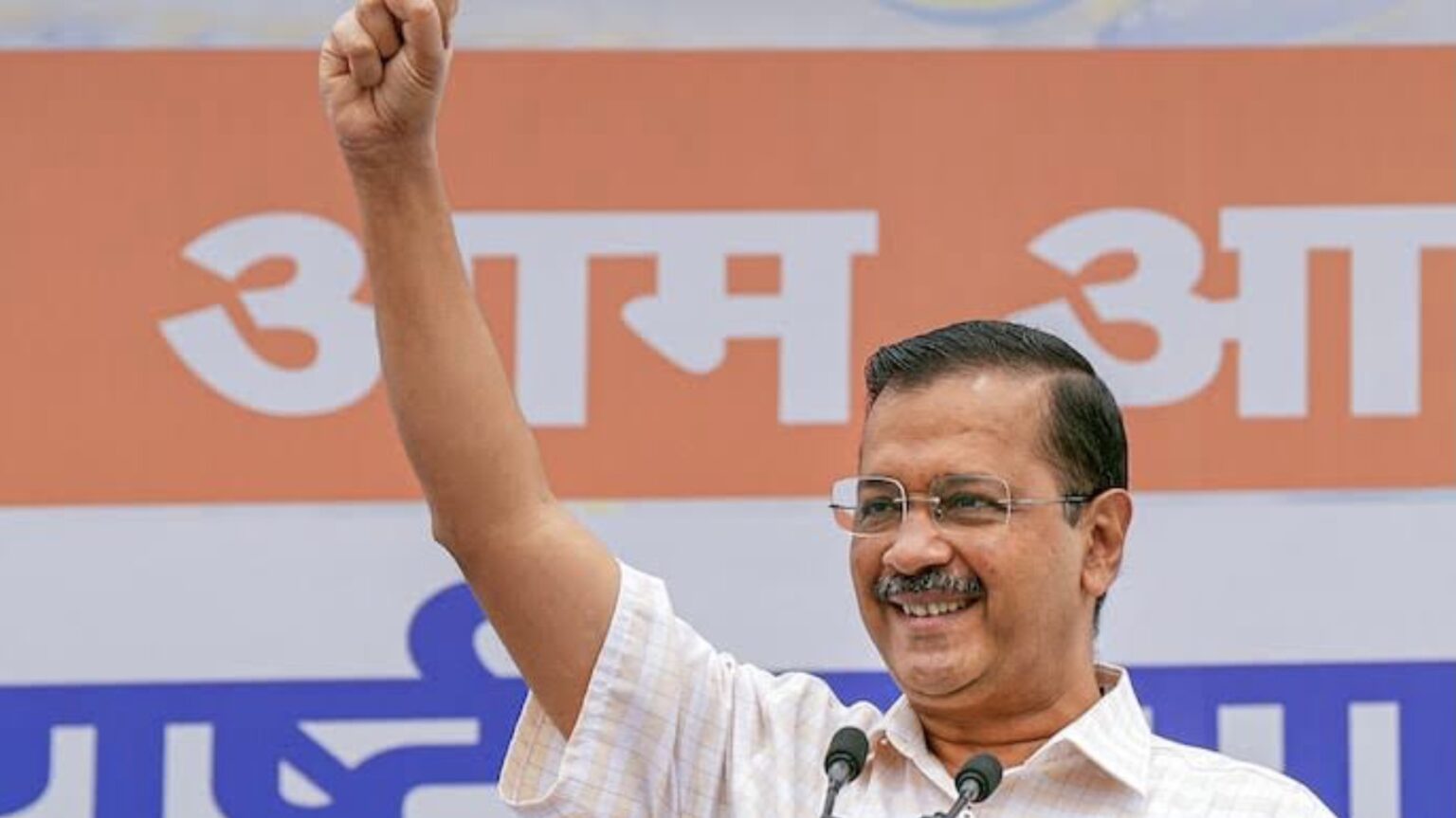The Delhi government has approached the Supreme Court to contest the National Green Tribunal’s decision appointing the Lieutenant Governor as the chairperson of the Yamuna Committee.

Image Source: India Today
A committee consisting of diverse authorities was established in the month of January. This committee comprises esteemed individuals such as the chief secretary, along with the secretaries hailing from the Irrigation, Forest and Environment, Agriculture, and Finance Departments of the Delhi Government. Additionally, it also includes key figures like the chief executive officer of the Delhi Jal Board and the vice chairman of the Delhi Development Authority. Notably, the committee’s composition extends to a representative from the Union Ministry of Agriculture, as well as the director-general of forests or their nominee from the Union Ministry of Environment. Furthermore, the Central Pollution Control Board (CPCB) is actively participating in this esteemed gathering alongside other notable participants.
The committee’s scope is not limited to local authorities alone; it also encompasses representation from national entities. A dedicated representative from the Union Ministry of Agriculture will provide valuable insights and expertise in agricultural matters, while the director-general of forests or their nominee from the Union Ministry of Environment will contribute their specialized knowledge in environmental affairs. Additionally, the Central Pollution Control Board (CPCB) will play an integral role in the committee’s deliberations.
Delhi Government’s Argument
During the proceedings in the Supreme Court, the Delhi Government presented its argument asserting that the order issued by the National Green Tribunal (NGT) violates both the constitutional framework of governance in Delhi and the previous orders of the Constitution Bench of the Supreme Court from 2018 and 2024. The government contended that the Lieutenant Governor (LG) holds a symbolic role within the state and has been appointed as a mere figurehead. Consequently, the Delhi Government urged the apex court to nullify the NGT order.
Referring to Article 239AA of the Constitution in its appeal, the government emphasized that the Lieutenant Governor (L-G) holds a titular executive role, with limited authority concerning land, public order, and police matters. In these specific areas, the L-G wields powers granted by the Constitution. The plea highlights that apart from these domains, the L-G’s executive role is merely symbolic. The essence of the statement remains intact, asserting the Delhi Government’s position on the division of powers between the L-G and the elected government, as prescribed by Article 239AA.

Image Source: The Economic Times
The AAP government, in its appeal, argued that the suggested actions by the NGT to address the issue, including the use of treated water for agriculture, horticulture, or industrial needs, involve financial allocations that must be approved by the legislative assembly. Hence, the elected government’s involvement is crucial in supervising these initiatives. The government emphasised on the titular role that L-G holds in Delhi.
According to the Aam Aadmi Party administration, the NGT’s proposed remedial measures necessitate budgetary provisions, which can only be authorized through the legislative assembly. By emphasizing this point, the government highlights the importance of democratic governance and the role of elected representatives in decision-making processes.
The AAP government firmly maintains that oversight and implementation of the suggested measures should lie within the purview of the elected officials. This contention stems from their belief that elected representatives are accountable to the public and are best positioned to gauge the economic feasibility, practicality, and potential impact of such measures on various sectors.
Therefore, the AAP government asserts that the involvement of the elected government is crucial in order to ensure the successful execution of the NGT’s proposed remedial measures, as well as to safeguard the interests and concerns of the public.












